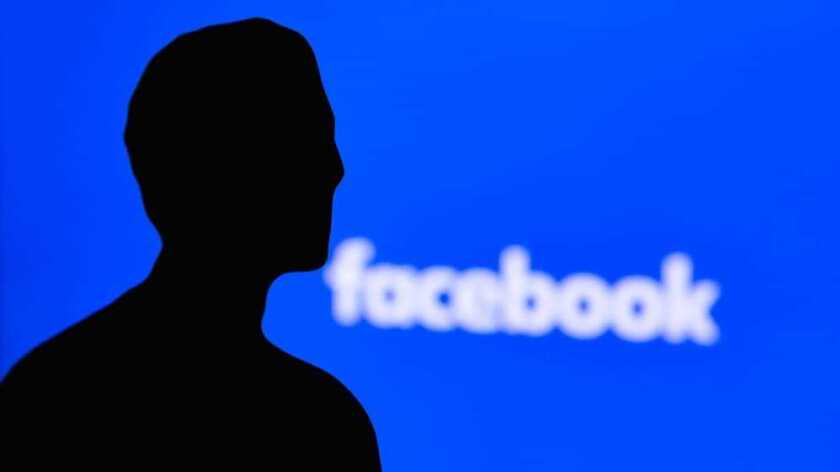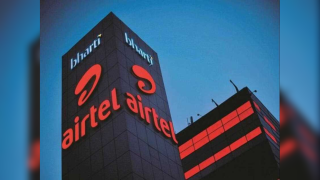The news follows an extensive investigation carried out by the FTC’s Technology Enforcement Division, a collection of attorneys general of 46 states, the District of Columbia, and Guam, which found that Facebook carried out a strategy to get rid of any competition in the space and retain its monopoly.
This strategy includes its acquisition of Instagram in 2012, its acquisition mobile messaging app WhatsApp in 2014, as well as implementing a number of what they call ‘anticompetitive conditions’ on software developers.
In the case of Instagram, the FTC alleges that Facebook first tried to compete with Instagram when it recognised it as a threat to its business by improving its own platform, but ultimately chose to buy Instagram rather than compete with it.
“Personal social networking is central to the lives of millions of Americans,” said Ian Conner, director of the bureau of competition at the FTC.
“Facebook’s actions to entrench and maintain its monopoly deny consumers the benefits of competition. Our aim is to roll back Facebook’s anticompetitive conduct and restore competition so that innovation and free competition can thrive.”
Facebook’s $1 billion acquisition of Instagram in April 2012 allegedly both removed that direct competition and makes it more difficult for another competitor to gain scale.
At around the same time, the complaint alleges that “Facebook’s leadership understood—and feared—that a successful mobile messaging app could enter the personal social networking market, either by adding new features or by spinning off a standalone personal social networking app.
So, when WhatsApp came to the forefront of the market back in 2012, Facebook again chose to acquire the company for $19 billion rather than compete. Just in the case of Instragram, both removes the competition and makes it harder for a new entrant to gain scale.
As for the supposed ‘anticompetitive conditions’ these relate to the conditions on third-party software developers designing APIs for or on Facebook’s platform. Specifically, Facebook is accused of making key APIs available to third-party applications only if they don’t develop functionalities that compete with Facebook’s offering and so long as they don’t connect with or promote other social networking services.
As a result, the FTC is pursing a permanent injunction in federal court that could require Facebook to sell a number of its assets, including Instagram and WhatsApp. It would also prevent Facebook from imposing anticompetitive conditions on software developers and it would force Facebook to get notice and approval for future M&A.
Though tough times lay ahead for Facebook, it should be noted that these actions are likely to affect the key players in the space.
"The action comes off the back of the report of the House Anti Trust Committee. That report, published in October, reflected growing concerns in US federal legislative circles with the tech giants,” said Jonathan Compton, partner at city law firm DMH Stallard, a specialist in regulatory, anti-trust and competition law.
"Their findings into the activities of Amazon, Apple, Facebook and Google were damning. The Committee took evidence from Jeff Bezos, Tim Cook, Mark Zuckerberg and Sundar Pichai. The Sub-Committee conclusions were that the big four had behaved in a way which was anti-competitive, these behaviours included charging exorbitant fees, imposing oppressive contract terms, buying out potential rivals and predatory pricing, to name but a few,” continued Compton.
"It does not help their position that Facebook founder Mr Zuckerberg has allegedly written emails referring to the purchase of competitors as building a ‘moat’ around Facebook to prevent competition.”






